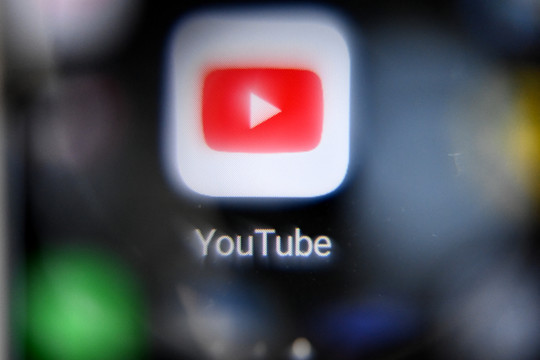On 31 July, Russian authorities announced plans to slow down YouTube's performance with speeds expected to drop by up to 70%, as part of a strategy to persuade the video site to reinstate blocked Russian channels. A measure that raised fears of increased censorship, as it could push users towards state-controlled platforms like RuTube and VKontakte.
The head of the State Duma's Information Policy Committee, Alexander Khinshtein, described it as a necessary measure against “YouTube’s foreign management”, and accused it of violating and ignoring Russian legislation. The next day, authorities blamed the slowdown on outdated Google equipment, a claim that has been denied by the US company. Khinshtein also rejected any deliberate intent to block the online video platform entirely.
In February 2022, when Russia launched the full-scale invasion of Ukraine, authorities quickly blocked independent Russian-language media, repeatedly fined the company for not removing content they claimed as "fake news" about the war in Ukraine, and pressured Google to restore state media channels on YouTube, while restricting Twitter and Meta platforms. Despite this, YouTube, which is accessed by more than 50 million Russians per day, remained available, becoming an important platform for opposition voices and independent journalists.
However, with the new decentralised censorship system, or TSPU, Russia has increased its control to silence dissents, especially about the war in Ukraine.
The slowdown of YouTube has sparked widespread public outcry, with many viewing it as a deliberate attempt by the government to control online content. The Digital Rights Center, has also raised alarms, warning that this move forces content creators to shift to Russian-controlled platforms where their content is subject to stricter censorship. This shift could lead to the deletion of videos or even entire channels, leaving media and content creators at the mercy of government moderation, which is seen as far more severe than YouTube’s existing policies.
YouTube stated that the access issues in Russia are not due to any actions or technical problems on their end. The company acknowledged reports of people struggling to access the platform in Russia, according to a spokesperson's statement on 8 August.
IFJ-EFJ call on the authorities to end the crackdown on digital platforms and protect press freedom as well as freedom of speech. The throttling of YouTube is a blatant act of censorship and a step toward isolating Russia's internet, with serious implications for freedom of expression.
IFJ General Secretary Anthony Bellanger said: "In times of crisis, unrestricted access to information for journalists and citizens is crucial. We urge the Russian government to halt this dangerous path toward digital isolation."

